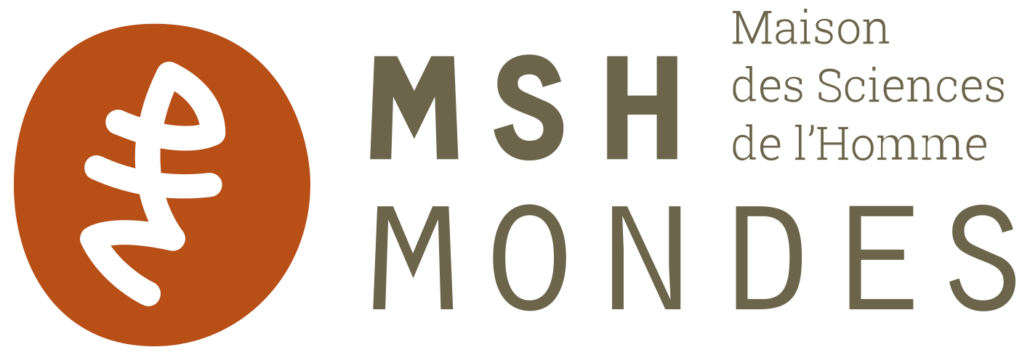| Current library | Call number | Status | Date due | Barcode |
|---|---|---|---|---|
| Besançon : ISTA - Institut des Sciences et Techniques de l'Antiquité Libre accès | Cr-B 5364 (Browse shelf(Opens below)) | Available | 20215364 |
Bibliogr. p. [311]-340. Notes bibliogr. Index
The interaction between orator and audience, the passions and distrust held by many concerning the predominance of one individual, but also the individual’s struggle as an advisor and political leader, these are the quintessential elements of 4th century rhetoric. As an individual personality, the orator draws strength from his audience, while the rhetorical texts mirror his own thoughts and those of his audience as part of a two-way relationship, in which individuality meets, opposes, and identifies with the masses. For the first time, this volume systematically compares minor orators with the major figures of rhetoric, Demosthenes and Isocrates, taking into account other findings as well, such as extracts of Hyperides from the Archimedes Palimpsest. Moreover, this book provides insight into the controversy surrounding the art of discourse in the rhetorical texts of Anaximenes, Aristotle, and especially of Isocrates who took up a clear stance against the philosophy of the 4th century. (Source : éditeur)








There are no comments on this title.